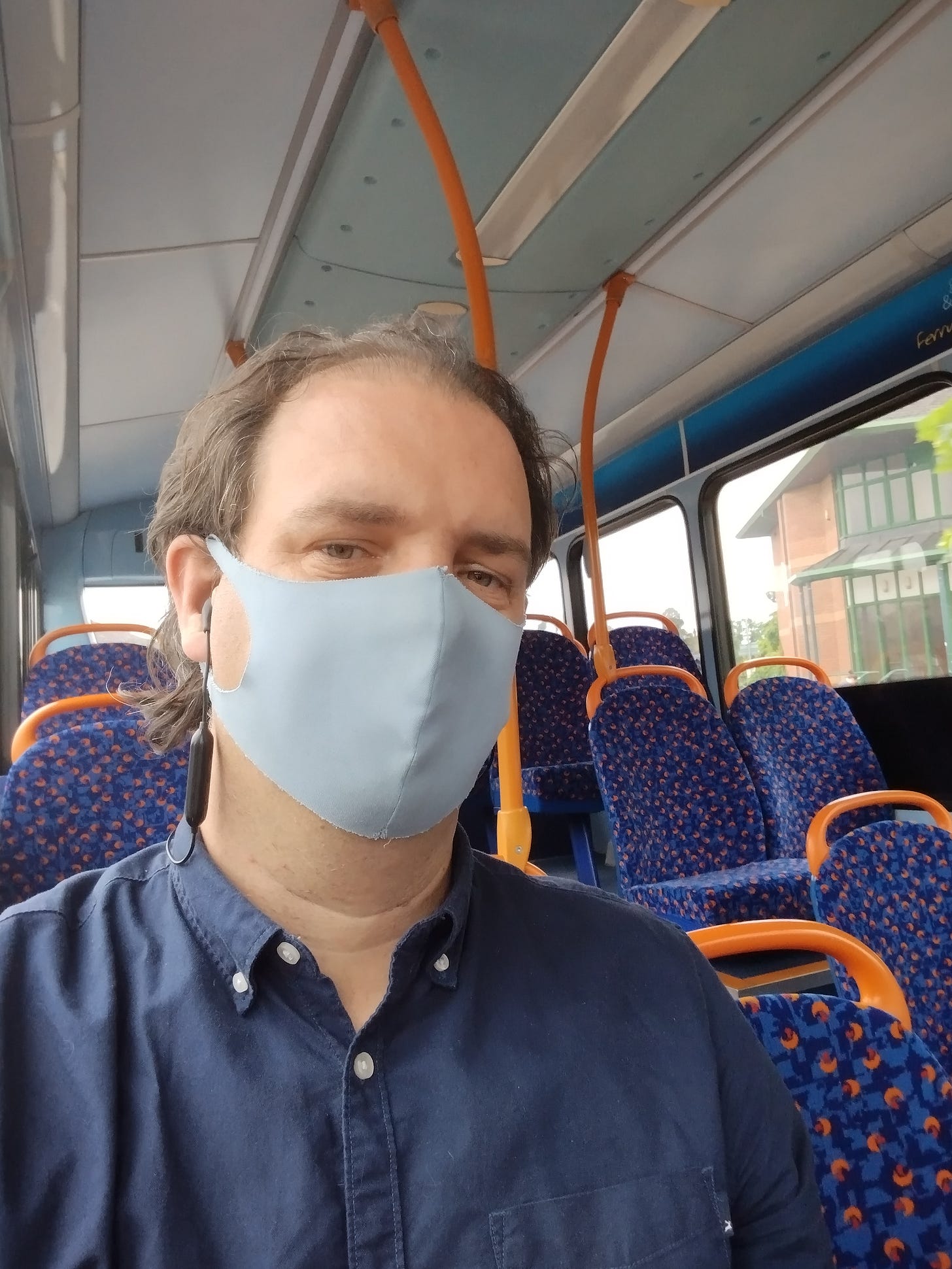Mobility Matters Daily #147 - So long leaded petrol, long distance travel, and freight collisions in poorer areas
Someone has also been on the buses, non-Carry On style
Hello my good friend.
Over the course of the summer transfer window, the English Premier League spent around £1bn on new players. For that, they could have build a third of the Oxford to Cambridge Expressway. I don’t know what is the bigger waste of money1.
Here are today’s specially selected news stories just for you.
James
So long, good riddance, and thanks for all the brain damage
Let’s start with some good news as finally, after a century of poisoning our world, leaded fuel has been consigned to history. Personally I remember my dad being extremely proud that our new car took unleaded petrol in the late 1980s (mainly because it saved him a lot of money in fuel duty to be honest), so to see leaded petrol still being sold in 2020 was shocking. But now its gone, though its legacy lives on. It’s poisoned our soil, and in many cases has caused irreparable brain damage and damage to vital organs. A truly toxic legacy of our car-centred world.
How likely are people willing to shift their long distance travel habits?
This was a question posed by Ruohan Li, Kara M. Kockelman and Jooyong Lee prior to COVID-19 on long distance travellers from Austin, Texas. This is an important question, as it is estimated that around half of all personal transport carbon emissions are from long distance travel. The results were disappointing, with around 10% of travellers saying they could remotely participate in meetings instead of travelling. I wonder what that percentage is now?
There are more collisions and injuries involving freight vehicles in lower income neighbourhoods
There has been a long-established and unfortunate relationship that shows that road traffic collisions are higher in poorer neighbourhoods and in places with a higher ethnic minority population. So seeing this analysis from Minneapolis that shows that there is a similar relationship with collisions involving freight vehicles is no shock. As the abstract itself states:
We find that both household income and percentage of minority population are significantly correlated with the density of both freight-related crashes and freight-related crashes causing severe injuries and fatalities. The results indicate that freight-related crashes are subject to a spatial inequity problem.
Something interesting for today

Us transport planners don’t often speak of refugee movements. But not only are they as valid a movement as any other (and have their own specific needs), but understanding where they are travelling to and from affects how we plan transport in those countries. This is just from 2011. I urge you to view the whole graphic. It’s sobering. To give you an idea of the scale of 24.2 million people, only 2 cities in the world have a population larger than that: Tokyo and Delhi.
If you do nothing else today, do this…
Read this by Laurence Oakes-Ash on the challenges local authorities face on achieving Net Zero. It has some sage advice in there.
…And finally
For the first time in 2 years, I caught my local bus service from Flitwick to Ampthill. I must say that I was pleasantly surprised at the experience as well. Stagecoach put on a modern, clean bus with a pleasant driver. The bus arrived on time, and it was a smooth and comfortable ride all the way. And it took a contactless card! I know that elsewhere in the country this has been standard for years, but in rural Bedfordshire this was unheard of before COVID-19. I plan to ride again soon.
Apart from Cristiano Ronaldo to Manchester United. £15 million for a club legend? What a bargain! And £75 million for Jadon Sancho, and £42 million for Raphael Varane? What great value. :)






